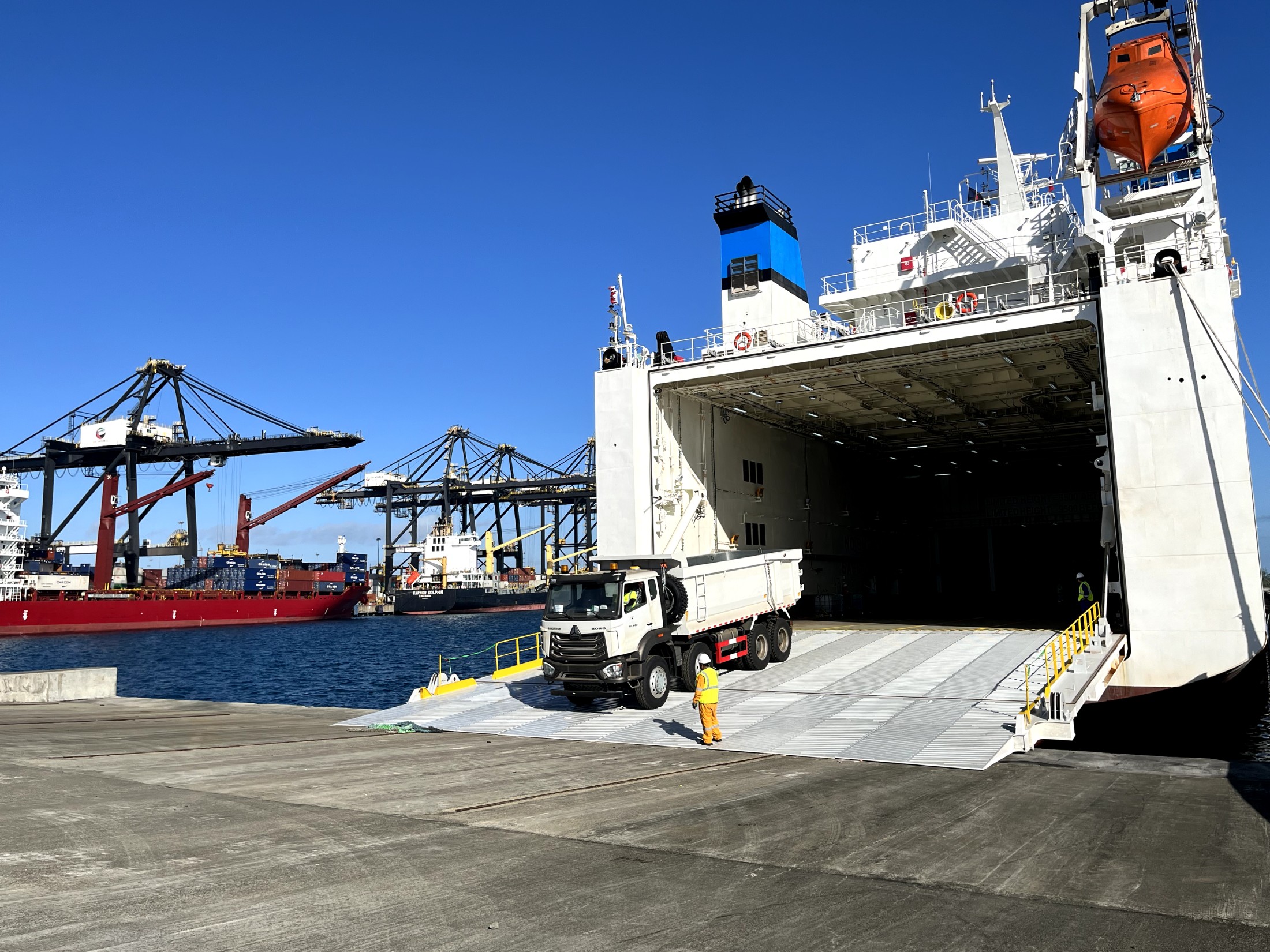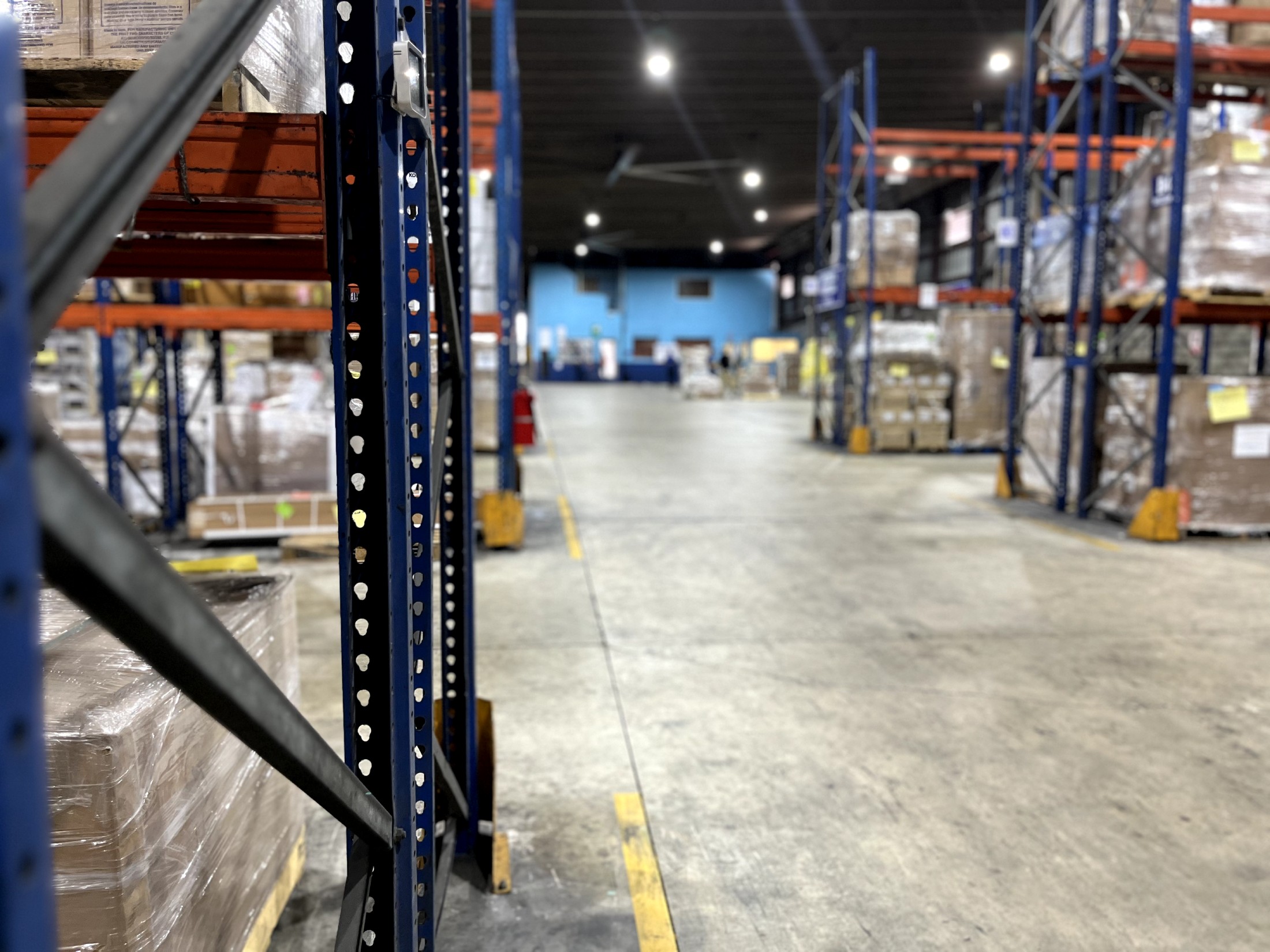In an increasingly competitive business environment, supply chain efficiency has become a key factor in the success of any company. From cost optimization to improving customer satisfaction, having a well-structured and agile supply chain can make a difference in the sustainability and growth of a business.
In this article, we will explore the key factors that contribute to an efficient supply chain and how its optimization can transform a company’s operations.
What is an efficient supply chain?
An efficient supply chain is one that successfully coordinates and manages all activities involved in the production and distribution of goods or services, minimizing costs, reducing delivery times, and maximizing customer satisfaction.
Main characteristics of an efficient supply chain:
- Continuous flow of information: Smooth communication between suppliers, manufacturers, distributors, and customers allows for real-time data-driven decisions.
- Reduction of operational costs: Eliminating waste, reducing unnecessary inventory, and improving demand planning are key goals.
- Optimal delivery times: Agile and flexible processes ensure products reach their destination as quickly as possible.
- Adaptability and resilience: The ability to quickly respond to changes in demand, market disruptions, or supply chain interruptions.
- Customer satisfaction: Efficient and reliable service enhances the user experience and strengthens loyalty.
Business benefits of an optimized supply chain
Companies that invest in optimizing their supply chain gain multiple competitive advantages. The most notable benefits include:
- Greater market competitiveness: Efficient management allows companies to offer more competitive prices and higher-quality services.
- Reduction of operational and supply risks: Strategic planning helps mitigate issues such as delivery delays or material shortages.
- Better relationships with suppliers and customers: Close collaboration with different supply chain actors strengthens trust and operational efficiency.
- Increased profitability: By optimizing processes and reducing waste, companies can improve profit margins and maximize profitability.
The role of technology in logistics efficiency
Digitizing the supply chain is key to achieving efficient management. Today, companies use various technologies to improve traceability, planning, and process automation.
Main technologies applied to logistics efficiency:
- Management software (ERP, WMS, TMS): These systems enable integrated management of inventory, transportation, and resource planning.
- Blockchain: Enhances transparency and security in product traceability throughout the supply chain.
- Big Data and predictive analytics: Helps anticipate demand, optimize distribution routes, and improve decision-making.
- Automation and robotics: Implementing automated warehouses and robotic processes reduces operation times and human errors.
Common challenges and solutions in the supply chain
Despite the benefits of an efficient supply chain, companies face numerous challenges that can impact their operations. Below are some common challenges and possible solutions:
1. Demand volatility
- Challenge: Unexpected changes in demand can lead to shortages or overproduction.
- Solution: Use predictive analytics tools and demand planning to adjust production and distribution accordingly.
2. Adapting to regulations and compliance requirements
- Challenge: Complying with customs, sanitary, and environmental regulations can be complex.
- Solution: Implement compliance management systems and seek specialized advice in customs logistics.
3. Lack of interdepartmental and external integration
- Challenge: Disconnection between internal departments and external actors can create inefficiencies.
- Solution: Implement collaborative digital platforms to facilitate communication and coordination among all supply chain actors.
Trends driving supply chain efficiency
The future of logistics is shaped by trends aimed at improving operational efficiency and sustainability. Some of the most relevant trends include:
- Sustainable logistics: Optimizing transportation and using renewable energy not only reduces costs but also enhances corporate reputation.
- Use of artificial intelligence: AI improves planning, predicts risks, and automates key processes in the supply chain.
- Greater focus on the end customer: Personalized logistics and ultra-fast delivery have become pillars of a competitive, customer-centric strategy.
Conclusion
Supply chain efficiency is not just an operational factor but a key strategic advantage for the growth and sustainability of any business. By optimizing processes, integrating technology, and addressing challenges with innovative solutions, companies can improve profitability, strengthen their market positioning, and ensure an optimal experience for their customers.
If your company is looking to improve its logistics management and optimize its supply chain, AGEPORT and its group companies offer the solutions and expertise to help you achieve your goals. Contact us and take your operations to the next level!





